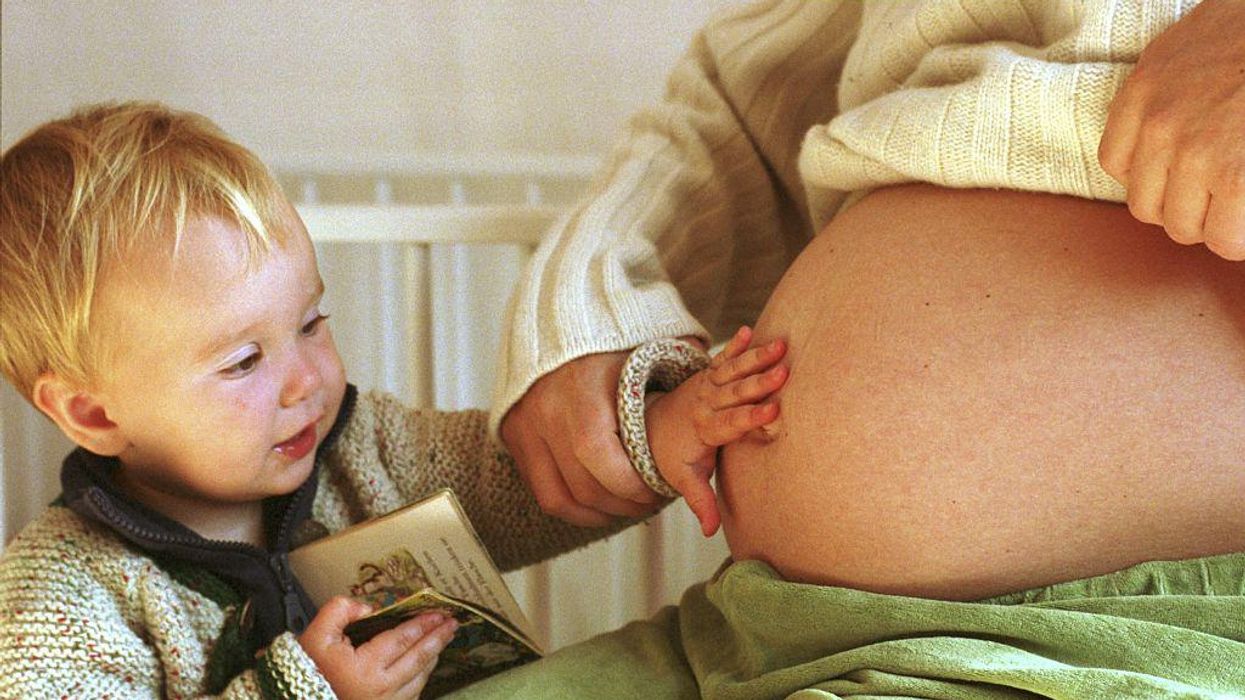
Photo by Grabowsky/ullstein bild via Getty Images

On August 1, the Georgia Department of Revenue (DOR) issued guidance pertaining to House Bill 481, the Living Infants and Fairness Equality (LIFE) Act. The objective of this document was to clarify Georgian tax law after the Supreme Court ruling in Dobbs v. Jackson Women’s Health Organization and the 11th Circuit Court of Appeals ruling in Sistersong v. Kemp.
After having delayed its deliberations on the state’s pro-life law in 2021 to await the Supreme Court’s conclusions, the 11th Circuit Court of Appeals ruled on July 20 that — in the words of Chief Judge William Pryor — the Dobbs ruling “makes clear that no right to abortion exists under the Constitution, so Georgia may prohibit them.”
Consequently, Georgia's law now recognizes the unborn child as a "natural person." This, of course, has wide-ranging implications, one of them pertaining to taxation.
According to the Georgia DOR's guidance, the “Department will recognize any unborn child with a detectable human heartbeat ... as eligible for the Georgia individual tax dependent exemption.” Taxpayers can now claim an exemption in the amount of $3,000 per unborn child.
As reported in The Hill, a child qualifies for this tax exemption as soon as their heartbeat can be detected. An Oxford study published in the journal eLife suggests that this can be as early as 16 days after conception. Under Section 8 of House Bill 481 and in the DOR’s guidance document, it is suggested that a human fetal heartbeat “may occur as early as six weeks’ gestation.” Early detection often depends upon the ultrasound method and technology used.
The deduction will require claimants to provide the Department with “relevant medical records or other supporting documentation” upon request.
One liberal law professor from Georgetown suggested that this may benefit married parents but exclude absentee fathers, men uncertain about their genetic involvement in the pregnancy, and those relying upon surrogates.
Vanity Fair's Bess Levin called the announcement "terrifying," though conceded the tax exemptions "could be helpful to low-income people who want to be pregnant."
Suggesting that a blastocyst would qualify despite not having a heartbeat, Kansas Democratic candidate for the U.S. Senate cited Georgia's new tax exemption as cause to vote against Kansas' proposed Amendment 2, which would ban abortion in the state.